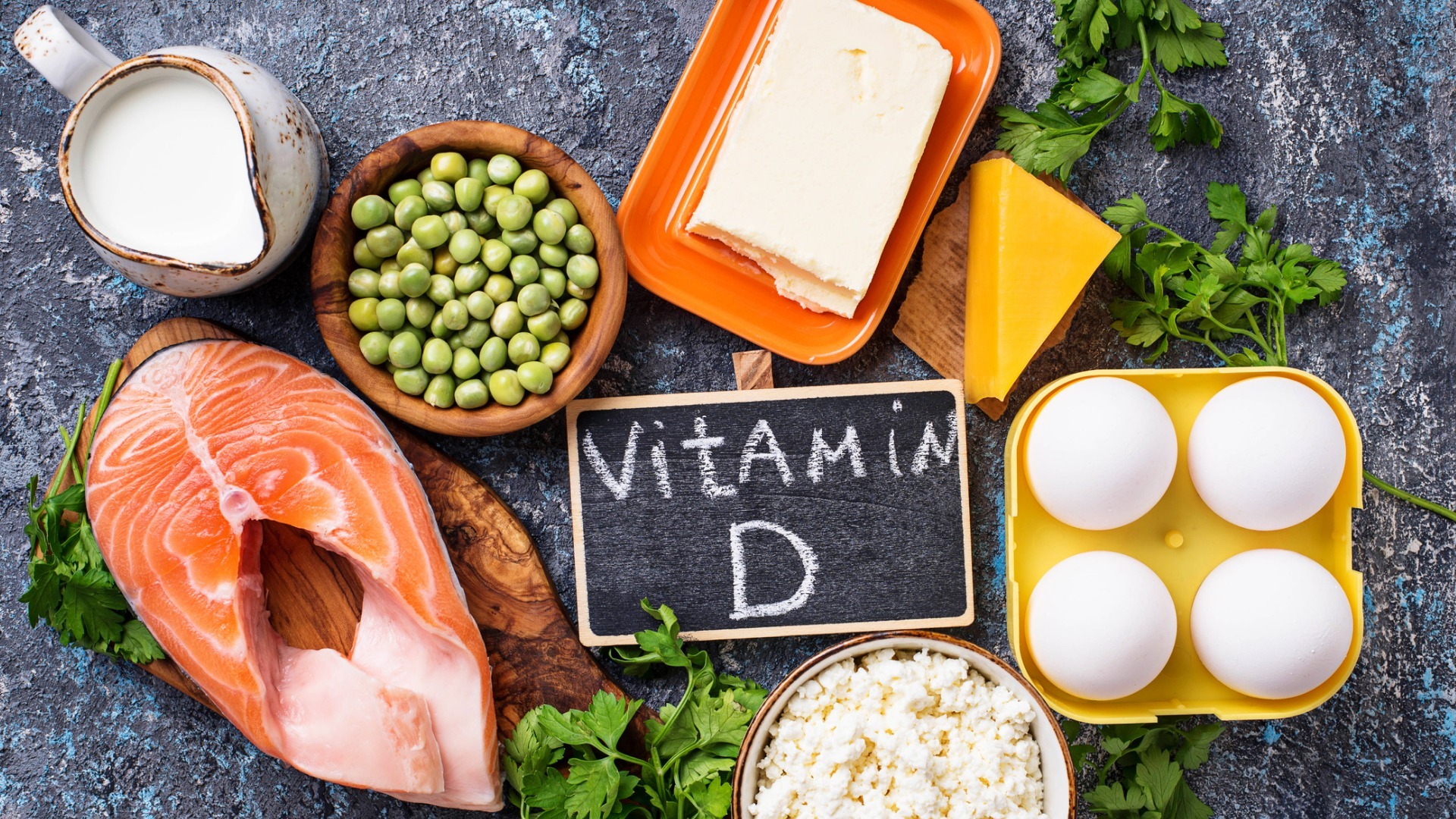Vitamin D, the fat-soluble vitamin, has many important functions in the body. It helps with the absorption of calcium and phosphorus. It also plays an important part in helping your immune system fight off infections and illnesses.
You probably already know that staying indoors, away from the sun and social distancing is one way to help guard yourself against – but are there other steps you can take to boost your vitamin d levels? There are a few things you can do. Here they are.
Vitamin D is most effective when it is absorbed by the skin’s cells. In fact, it can only be absorbed through the skin; that’s why the best sources of vitamin D are fish oil and fortified dairy products. However, studies have found that some people may not be able to absorb enough vitamin D through diet alone. This is where supplementation comes into play.
Vitamin D deficiency is rare, occurring in only a very small percentage of the world’s population. A person who lacks vitamin D doesn’t necessarily have a deficiency of other essential vitamins or minerals; it’s actually more likely that they are experiencing a poor response to a vitamin D supplement.
That’s because when a person with vitamin D deficiency experiences an infection, the body naturally produces Vitamin D to help combat the infection. The problem is that once the infection is gone, the body stops producing Vitamin D.
In order to prevent Vitamin D deficiency, it’s best to consume foods that are high in vitamin D. Unfortunately, foods that are higher in vitamin D are more likely to come from plants – rather than animal-source foods. So, in order to ensure that you are getting the amount of vitamin D that is needed to avoid Vitamin D deficiency, it’s best to consume foods that are highest in vitamin D.
These foods include oily fish, egg yolks, and fortified milk. The latter two sources are usually eaten in foods such as cereal, cereals, bagels, bread, and pasta. However, the best source of vitamin D may be in water, as Vitamin D is found in higher levels in water.
Vitamin D is important for healthy bone development, proper growth, and strong bones. Children are encouraged to take Vitamin D supplements during the first few years of life in order to receive the proper amount of vitamin D needed to grow and develop properly.
However, studies have shown that even adults who regularly consume foods that are high in vitamin D aren’t as likely to develop several age-related conditions including osteoporosis and certain cancers. Vitamin D is especially important to cancer survivors, as it has been shown to aid in the treatment of several types of cancer.
When it comes to sunlight exposure, it’s best to get enough vitamin D through natural means. This is because excessive sun exposure or prolonged exposure to the sun without protection can lead to serious health conditions. Most experts recommend that adults get at least 30 minutes of sun exposure each day, but many experts believe that the level of vitamin D needed to prevent certain diseases is much lower than that.
For instance, experts have said that adults who spend at least eight hours a day in the sunlight without any form of protection are at the highest risk for vitamin D toxicity. In fact, this type of exposure to the sun doubles a person’s lifetime risk for skin cancer. For this reason, it is highly recommended that adults get enough vitamin D through natural means.
Vitamin D deficiency is particularly worrisome among young children. Recent research has indicated that even young children can benefit from regular doses of Vitamin D in order to help prevent calcium absorption problems and increase the strength of their bones.
It has also been established that when a woman receives her vitamin D supplementation, her breast milk will contain higher levels of the vitamin, which can help prevent the occurrence of rickets in new born babies. In addition to this, when a person receives sufficient doses of vitamin D they will be less likely to develop certain diseases, including osteoporosis and cancer.
Vitamin D is found in several foods that we consume on a daily basis. It is one of the major fats soluble vitamins, meaning it is not water-soluble like the other vitamins in our body. The only way for us to receive enough calcium from foods is to consume them in the form of supplements. Although most doctors recommend ingesting vitamin D supplements daily, it is important to know that the amount you need per day varies greatly depending on your age and your gender.




